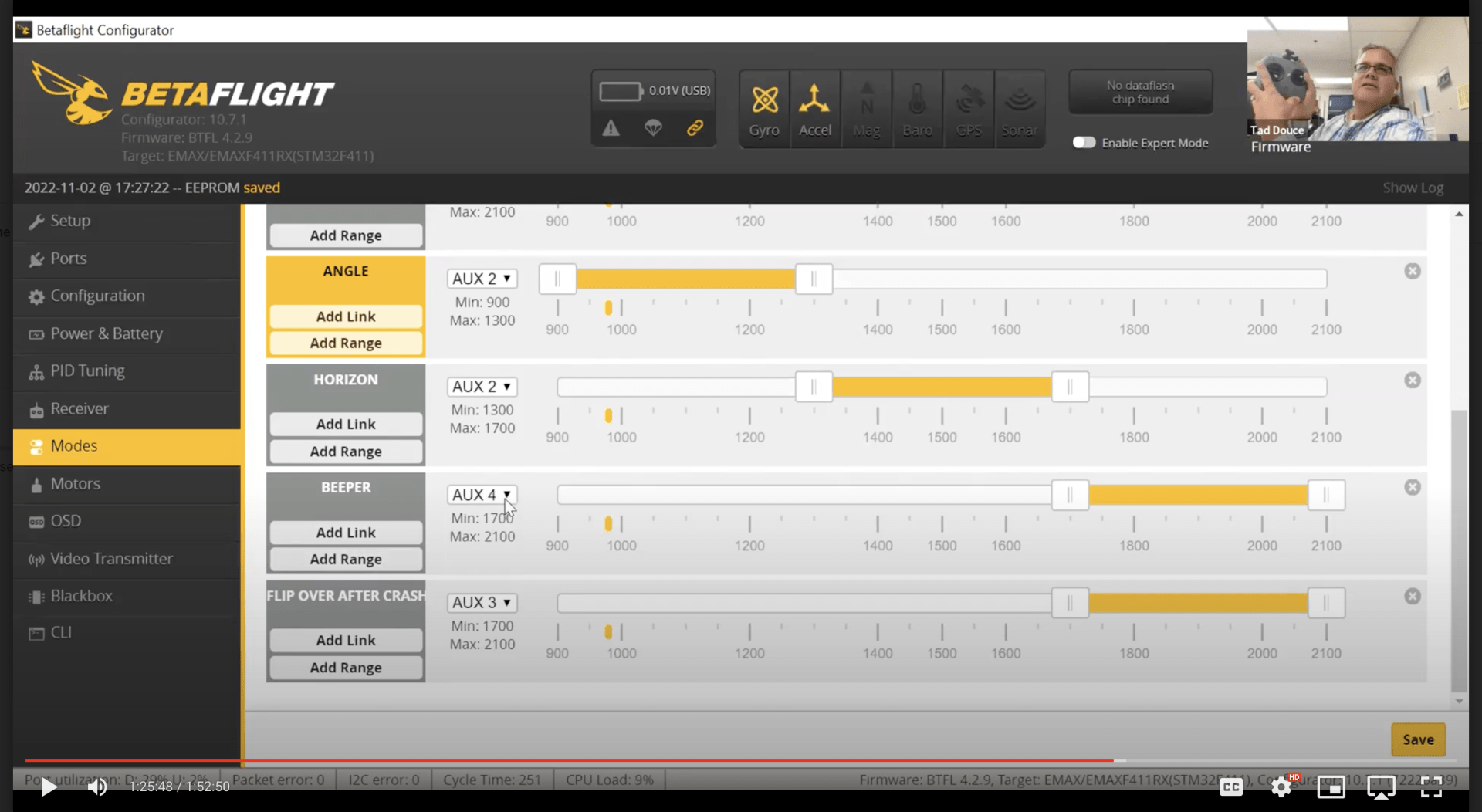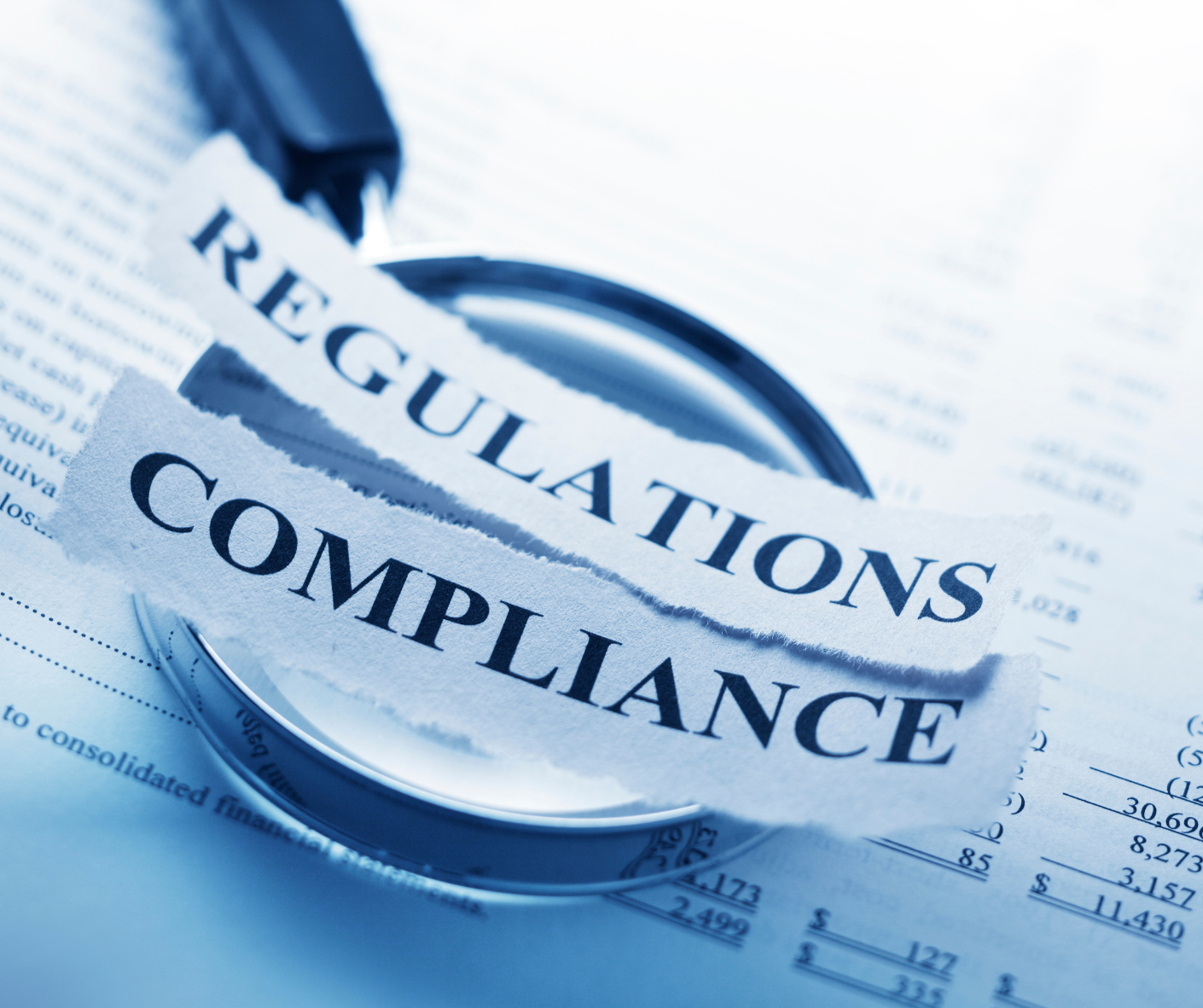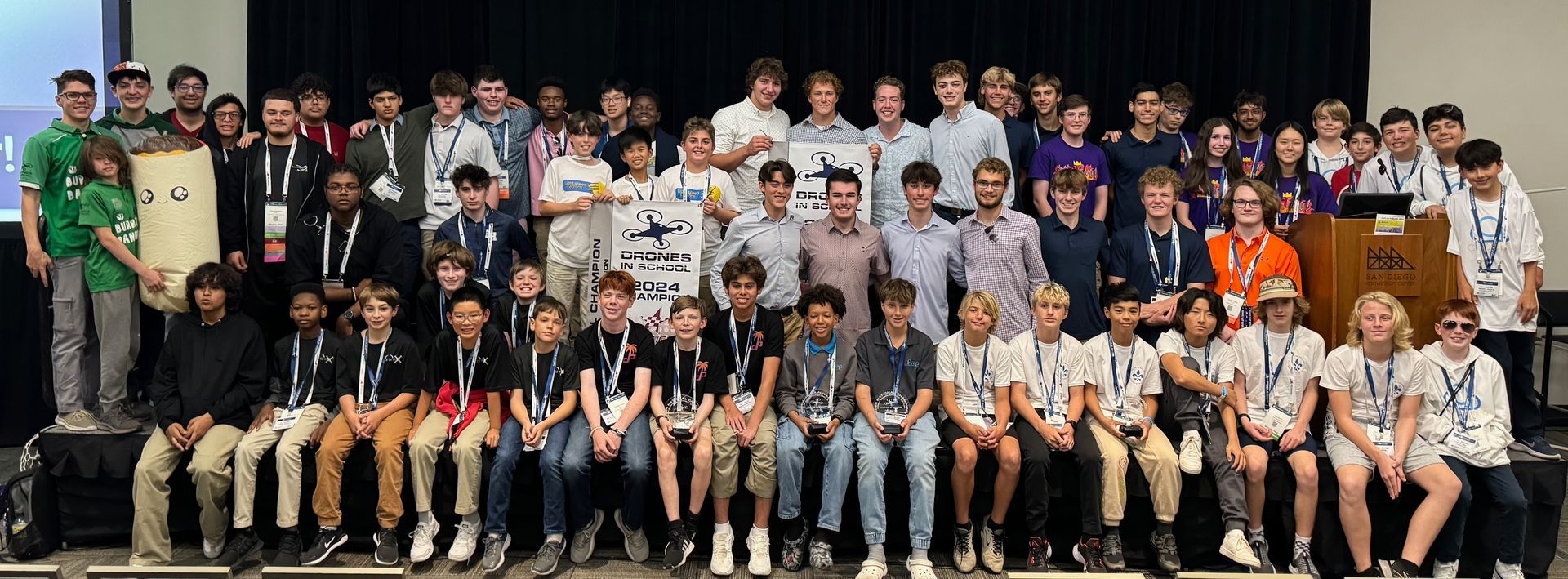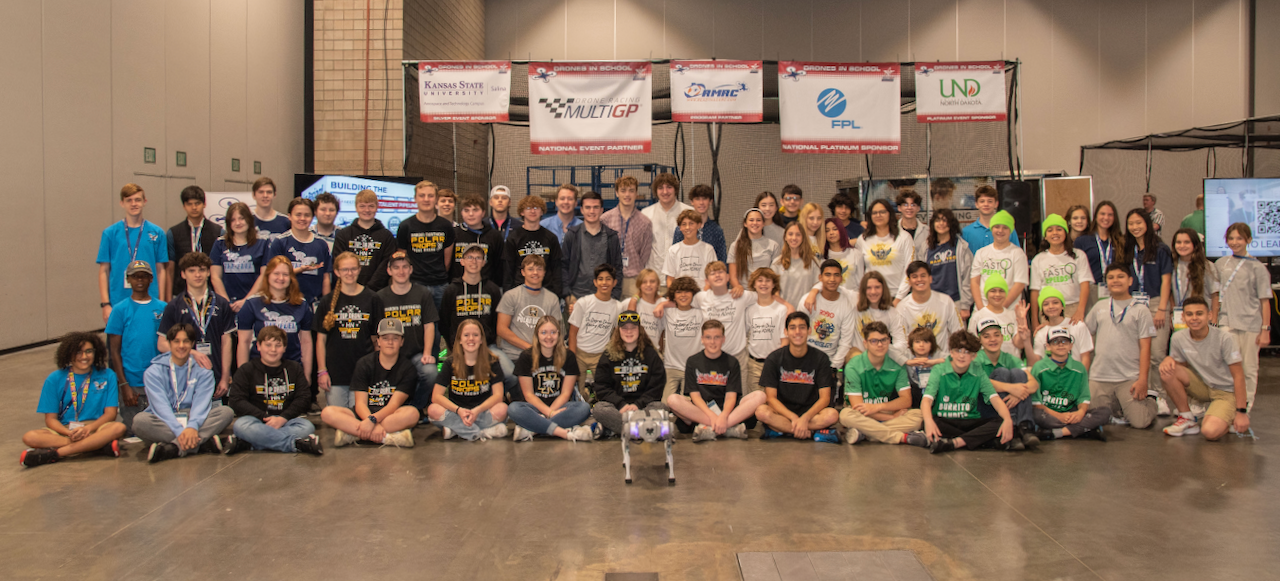As the 2022–23 Drones in School season continues, twenty new teams from Florida are receiving equipment and training provided through the support of the Florida Power and Light Company (FPL). In 2021 FPL provided $100,000 to launch one hundred new Drones In School teams in Florida. To further grow this initiative, FPL expanded the support with an additional $25,000. This funding set aside $5000 to provide race operations equipment for five of the original locations to help them have what is needed for hosting face-to-face live events. The remaining $20,000 was allocated to provide twenty new teams with the equipment and training necessary to launch their own program with Drones in School.
For this second round of funding, the Drones in School and FPL team is working through the onboarding process a little differently. Drones in School Executive Director, Tad Douce, explains more, "When we launched our initial 100 Florida teams, we did a large marketing initiative to get the word out about the funding opportunity. When a school signed up to participate, they were assigned an online workshop that provided the necessary instruction to get started. Unfortunately, at that same time, schools were coming off the COVID-19 Omicron outbreak of 2021–22. This made it somewhat difficult for some schools to participate last year. With this new round of funding, FPL elected to work with the Consortium of Florida Education Foundations to help us identify educators and school systems that would most support this initiative. This, coupled with giving each educator the ability to choose the workshop date that best fits for their schedule, can only improve the adoption curve for the program and students."
Drones in School hosted the first online workshop for new teams in December and has the second workshop scheduled for early January. With the addition of a February workshop series, all twenty new FPL-funded teams will have experienced a deep dive into the fundamentals of the program and will be well-positioned to launch their new teams. In addition to the professional development, each participating school received a complete Drones in School Team Startup Package and team registration for the 2022-23 and 2023-24 seasons, a value of nearly $1000.
Drones In School would like to thank the Florida Power and Light Company team for their continued support of our program and other STEM initiatives. We are incredibly honored to be working with such an incredible organization dedicated to developing their future work for us by supporting programs that provide meaningful curricula and experiences for engaging students. We look forward to continued cooperation with FPL and can't wait to see how their investment fuels innovation and growth in Florida and the nation.
About Florida Power & Light Company:
Florida Power & Light Company is the largest energy company in the U.S. as measured by retail electricity produced and sold. The company serves more than 5.6 million customer accounts supporting more than 11 million residents across Florida with clean, reliable and affordable electricity. FPL operates one of the cleanest power generation fleets in the U.S. and in 2020 won the ReliabilityOne® National Reliability Excellence Award, presented by PA Consulting, for the fifth time in the last six years. The company was recognized in 2020 as one of the most trusted U.S. electric utilities by Escalent for the seventh consecutive year. FPL is a subsidiary of Juno Beach, Florida-based NextEra Energy, Inc. (NYSE: NEE), a clean energy company widely recognized for its efforts in sustainability, ethics and diversity, and has been ranked No. 1 in the electric and gas utilities industry in Fortune’s 2021 list of “World’s Most Admired Companies.” NextEra Energy is also the parent company of NextEra Energy Resources, LLC, which, together with its affiliated entities, is the world’s largest generator of renewable energy from the wind and sun and a world leader in battery storage. \
For more information about NextEra Energy companies, visit these websites: www.FPL.com, www.NextEraEnergy.com, www.NextEraEnergyResources.com.

